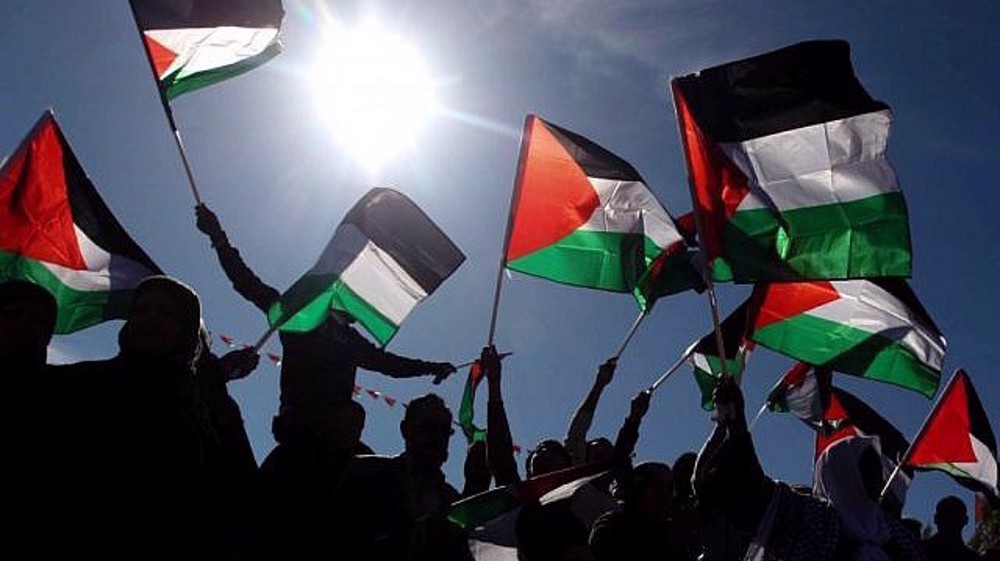Bangladesh clerics issue fatwa against killings of intellectuals, minorities
Bangladeshi Muslim clerics have issued a fatwa against an ongoing spate of killings of secular intellectuals and members of minorities in the country.
Farid Uddin Masuod, who heads the Council of Bangladesh Clerics, said on Tuesday that over 100,000 clerics had signed the religious edict, which describes the killings as crimes against humanity.
"The fatwa unequivocally said these killings of non-Muslims, minorities and secular activists are forbidden in Islam," Masuod said, adding, "We've said these killings are illegal and are crimes against humanity."
Masuod said the fatwa would discredit any extremist groups that tried to defend the killings.
Sources say the edict will be made public on June 18.
Bangladesh has come under international pressure to end the ongoing attacks, which have killed 50 people, including members of religious minorities, foreigners and liberal activists, over the past three years.
The Bangladeshi government blames the local banned groups such as Jamayetul Mujahideen Bangladesh (JMB) and Hizb ut Tahrir for gruesome murders in recent months. The government rejects claims of responsibility by the Takfiri Daesh group and a branch of al-Qaeda, saying international terror groups have no presence in Bangladesh.
On June 6, Bangladesh’s Home Minister Asaduzzaman Khan accused the Israeli regime of spearheading an “international conspiracy” behind the serial killings of secular intellectuals and religious minorities in the Muslim-majority country, which backs the Palestinian cause and has no diplomatic ties with Tel Aviv.
He pointed to an alleged meeting between an opposition politician and an Israeli spy as evidence of the Israeli involvement in the murders.

Bangladeshi Prime Minister Sheikh Hasina has pledged that her administration will make sure that “each and every killer” is arrested.
Hasina has accused the main opposition Bangladesh Nationalist Party and its ally Jamaat-e-Islami of spearheading the attacks to destabilize the country.
Police in Bangladesh have arrested more than 11,000 suspects in a major crackdown on militants over the past four days.
Opposition parties have accused the government of using the crackdown to suppress political dissent, claiming that many of those arrested were ordinary and innocent people.
VIDEO | Grossi visits Tehran hoping to facilitate dialogue
VIDEO | Iran commemorates 13th anniversary of missile program pioneer
Israel’s aggression inflicts $8.5 billion in economic losses on Lebanon: World Bank
Hezbollah attacks Israeli military bases in Tel Aviv, Haifa
Hezbollah strikes multiple Israeli targets in fresh retaliatory operations
VIDEO | New Zealand: Maori MPs protest in parliament with Haka war dance
Pezeshkian: World has come to believe Iran seeks peace, security
Houthi: US bombs inflame, escalate wars of extermination in West Asia















 This makes it easy to access the Press TV website
This makes it easy to access the Press TV website